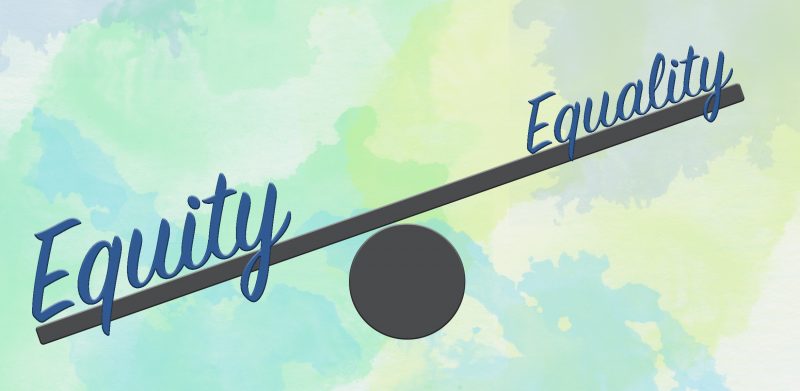Trinity students make up a large portion of apartment seekers in San Antonio. According to the official Trinity University website, 75 percent of seniors live off campus. Many students live in Trinity’s City Vista apartment complex, but other students live in other apartments and houses in the Trinity area. As such, students’ off-campus housing choices have the potential to interact with the larger city housing market, particularly where housing inequalities are concerned.
A study from the Martin Prosperity Institute in 2015 found that the San Antonio metropolitan area is among the 10 most economically segregated large metro areas in the country, which means that the city is highly stratified by economic brackets — richer residents live in some areas of the city, while poorer residents live in others.
\According to the 2015 Overall Economic Segregation Index (OESI), San Antonio is the third in the nation with regard to overall economic segregation. Economic segregation has negative consequences for families, especially children, who receive a lower quality of education based on their location.
Christine Drennon, associate professor in the sociology and anthropology departments and director of the urban studies department, wrote an article in MySA about the origins of economic segregation in San Antonio.
The city’s economic segregation has a close relationship to the neighborhood filtering model: Rich people go to new neighborhoods on the “urban fringe,” and over time, poorer people live in the oldest buildings — until the cycle starts anew and families are pushed out of their homes in the phenomenon known as gentrification.
“Rental rates are going up right now, especially in areas surrounding this one, which has always traditionally been kind of affordable for families. … Trinity students are one more set of people that are competing for a very limited number of rentals, and so it’s a supply and demand problem,” Drennon said.
Trinity’s City Vista is good for the housing market because students who choose to live at the university-owned apartment complex don’t put demand for other housing on the market, so prices may stay lower. That’s good for families looking for affordable housing.
But students’ choices alone can’t solve the housing inequality crisis. One of the solutions that Drennon identified in her article was redistributing funds from property taxes, which is up to the San Antonio city council and the mayor.
San Antonio’s city council has taken actions to create equality. At the Trinity event #2MinuteCivics earlier this month, state Rep. Diego Bernal spoke about the city’s new “equity over equality” policy that will be used to allocate funds from the 2018 budget.
“The city actually scores every street with a number depending on the pavement conditions … so all they’re doing is saying, wherever they are in the city, let’s find the ones that need the most help, start there, and work our way up,” Bernal said.
This approach to dealing with street renovations is but one facet of the new policy, which attempts to alleviate years of previous housing segregation by distributing funds to those who need it most.
However, wealth redistribution may not solve the roots of the problem. Drennon claims that a long-term solution for the city housing crisis is to create more social mobility for citizens.
“[The solution] is investing in human beings, so that they, in turn, can invest in their houses or whatever they want to invest in,” Drennon said. “So then they don’t necessarily get pushed out of their neighborhoods if they can’t afford to live there anymore. That looks like education, it looks like better social services, those kinds of things.”
A way that Trinity students can create change is by becoming involved in local politics and helping to elect candidates who support education, social services and proposals that can reduce inequality in the city. Texas will hold its 2018 primary elections on March 6, so it’s not too late to get registered to vote and make a change.







